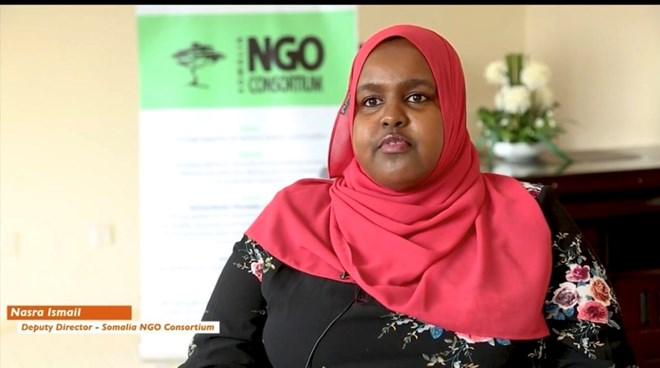
Wednesday May 22, 2019
By Rebecca Root, Emma Smith
Many in the global development and humanitarian aid sectors are calling for increased female leadership to create an environment — humanitarian and development sector — that works for everybody, but “there’s a lot of work to do to ensure leaders of all shapes, colors, and backgrounds are able to thrive,” said Nasra Ismail, deputy director of the Somalia NGO Consortium, a voluntary coordination mechanism of NGOs.
To tackle these, she suggested forming a coalition of women from high-income and emerging country contexts.
“We do believe that the best way to address some of these issues — as
grand, as difficult, and as complex as they are — is working through a
coalition of differences and working together to ensure that those
countries that we’re in, and may not have had the chance to improve, can
do so more quickly.”
Through a six-part audio series, DevProWomen2030, Devex is speaking to women professionals, leaders such as Ismail, and recruiters in the sector to find out how changes across the development landscape are impacting women and what advice they have for those entering this space or looking to climb the ladder.
In the second installment, Devex spoke to Ismail, a former Somalia country director at Oxfam International, about the skills women will need to have to reach those leadership positions in a world that’s grappling with increasing instability.
Listen here.